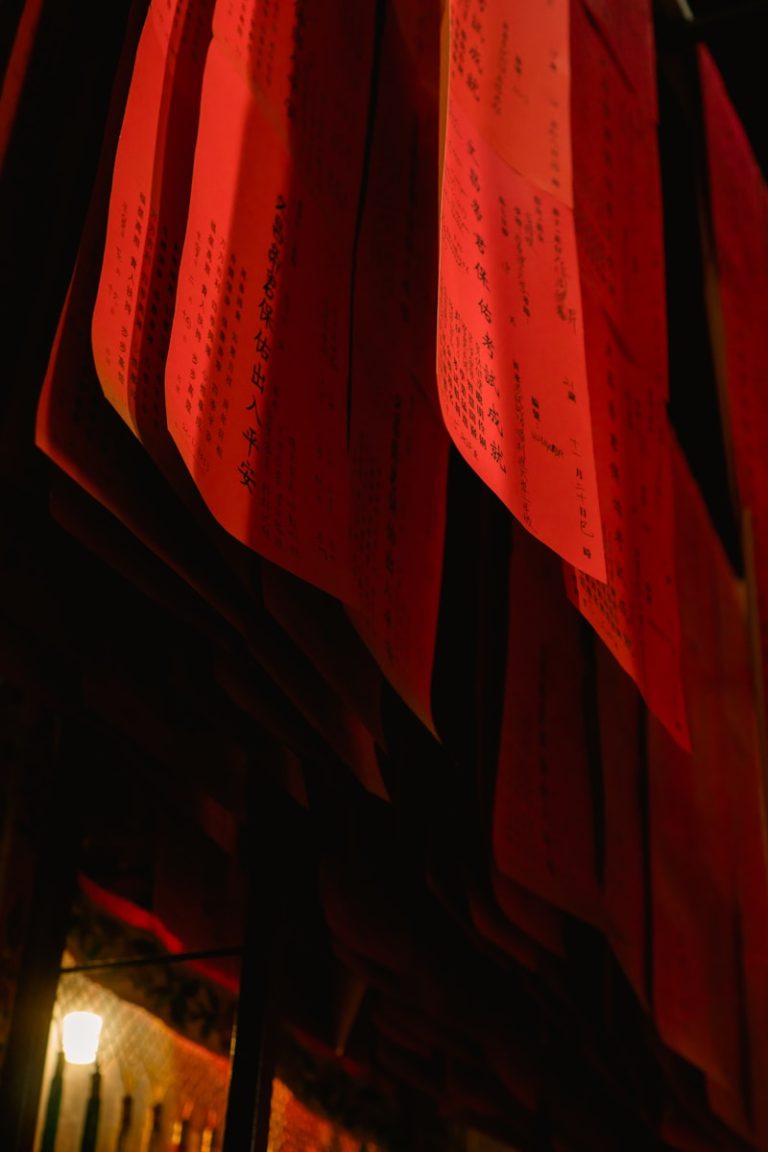Tian Shi (Celestial Master): Refers to Zhang Daoling or his descendants. However, in later times, some Taoist priests also took the title “Tian Shi,” such as Kou Qianzhi (Northern Wei), Jiao Zishun (Sui), and Hu Huichao (Tang).
Fa Shi (Master of the Dharma): A Taoist priest who is well-versed in scriptures, conducts ceremonies, and leads people into the Tao. Fa Shi is regarded as a teacher, proficient in Taoist practices, health cultivation, and moral guidance.
Lian Shi (Alchemical Master): Initially referred to those who practiced the Shangqing (Highest Purity) school, but later, it became a general term for Taoist priests who had achieved a high level of mastery in alchemical practices and internal cultivation.
Zu Shi (Founder Master) / Zong Shi (Sect Master): The founder of a Taoist school or sect is called Zu Shi. The leader who carries on the teachings and leads the transmission of the Tao within the sect is called Zong Shi.
Zhen Ren (Perfected Being): This term is used to respectfully refer to Taoist priests who have achieved a high level of Taoist practice, reached a profound state of spiritual attainment, and are said to have ascended to immortality.
Huang Guan (Yellow Crown): Early Taoists revered the color yellow, so people referred to Taoist priests by the color of their robes and hats, calling them “Huang Guan” or Yellow Crown.
Yu Ke (Feathered Guest): Also known as “Yu Shi” or “Yu Ren” (Feathered Master, Feathered Person), this term is used metaphorically to describe Taoists as “immortals who can ascend to heaven like birds” and was later used to specifically refer to Taoist priests. Many Taoist priests also adopted this term as a self-title.
Xian Sheng (Master): A respectful title or posthumous title granted to Taoist priests.
Ju Shi (Lay Taoist Devotee): A lay follower of Taoism who is not a priest but practices Taoist beliefs and supports Taoist traditions.
Fang Zhang (Abbot): The highest leader of a Taoist temple or monastery, who is also called the “Resident Master.” A Fang Zhang is a Taoist priest who has received the Three Refuges and Three Precepts, studied the Dharma, and is highly respected for his moral conduct. He is elected by the Taoist community based on merit.
Jian Yuan (Chief Steward): Also known as “Tang Jia” or “Resident Master,” this title refers to the priest who is responsible for managing both internal and external affairs of the Taoist temple or monastery. A Jian Yuan must be wise, virtuous, humble, generous, and capable of maintaining harmony within the community.
Zhi Ke (Guest Master): Responsible for welcoming visitors and guests to the temple, the Zhi Ke must be well-spoken and knowledgeable about both Taoist affairs and human relations. As recorded in the San Cheng Ji Yao, a Zhi Ke should be able to engage with guests and visitors appropriately.
Gao Gong (Senior Master): Refers to a highly respected Taoist priest who is proficient in conducting Taoist ceremonies, communicating with spirits, and guiding people through rituals to invoke blessings, expel misfortune, and help wandering souls. Gao Gong is a leader of the ritual arts.
Dao Ren (Taoist Practitioner): Originally synonymous with “Fang Shi” (alchemists), this term first appeared in the Han Shu (Book of Han). After the establishment of Taoism, “Dao Ren” referred specifically to Taoist priests. During the Southern and Northern Dynasties, it was used to refer to Buddhist monks to differentiate them from Taoist priests. After the Tang Dynasty, “Dao Ren” became a general term for anyone who practiced Taoist arts, including priests.
Dao Zhang (Taoist Priest): This is a respectful title for Taoist priests, used by people outside the religious order, rather than an official position or title within the Taoist community.


